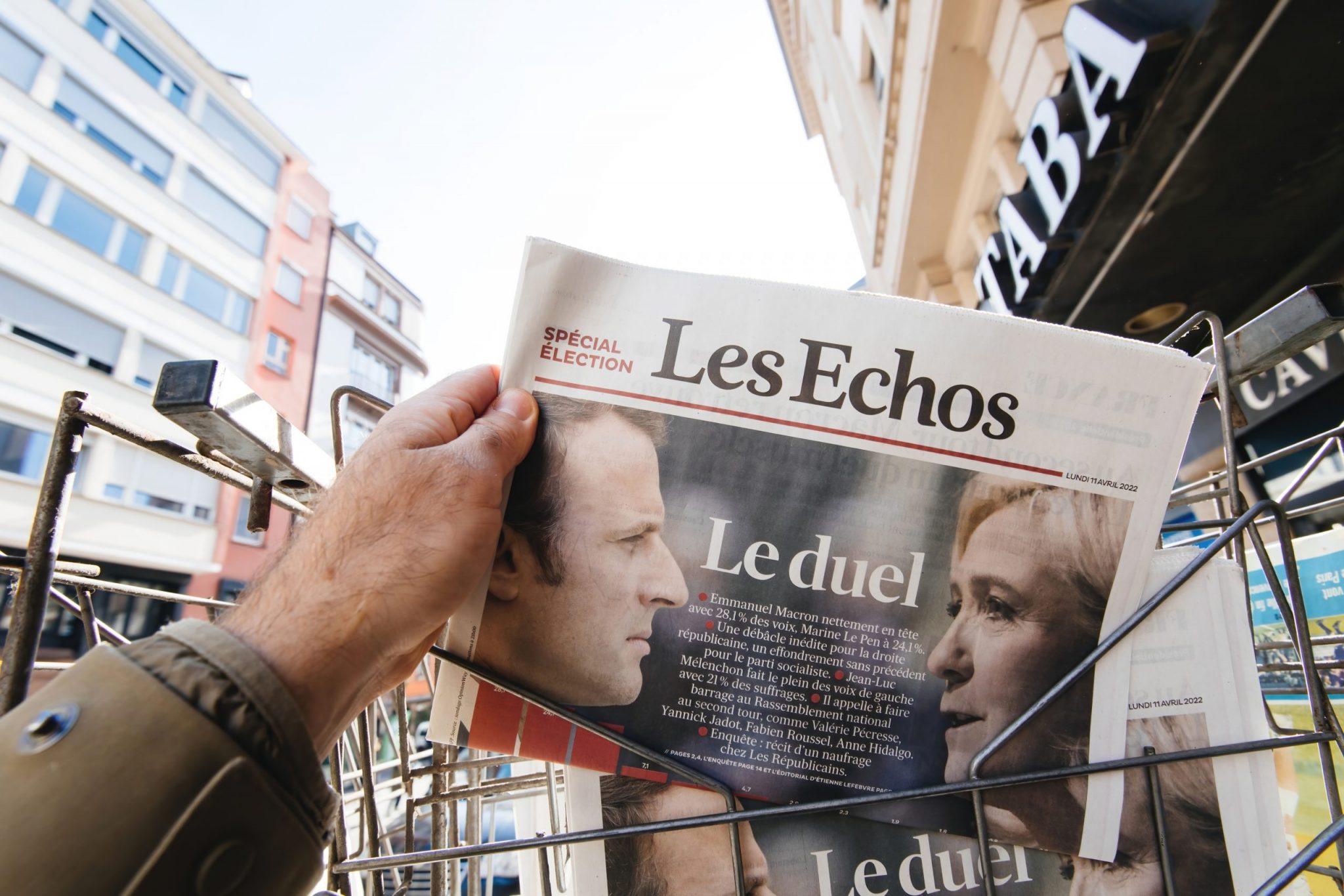Highlights
- The Russian Embassy in France attempted to deny and deflect after evidence of mass killings in Bucha shocked the French public last week. Top tweets by the embassy implied that the killings only surfaced days after Ukrainian troops took over the city, accused MI6 of staging the massacre, and urged audiences to be “wary” of “simply conclusions” in a time of “information warfare.” One tweet that drew an angry response from the French public showed a “film set” in Bucha; it was taken down after the Russian ambassador was once more summoned by the French authorities.
- The Chinese Embassy in Paris once again amplified Russian officials last week, continuing a trend that has established the embassy as one of China’s most vocal diplomatic supporters of the Kremlin. The embassy retweeted two tweets last week from its Russian counterpart that promoted alternative versions of the Bucha massacre. It also shared a tweet from Russia’s official United Nations account protesting Russia’s inability to defend itself at the UN.
- CGTN Français’ most popular posts on Facebook and YouTube featured pro-Kremlin takes on the war in Ukraine. On YouTube, for instance, its most viewed video of last week was titled “China accuses the US of profiting from the crisis.”
- AJ+ Français and Turkish state media were the only foreign outlets that devoted significant coverage to the French election. The Qatari outlet followed its usual anti-far-right line, while Turkish coverage was factual and largely unbiased.
Russia
- The Russian Embassy in France continues to dominate French language pro-Russian messaging. Even on Facebook, where RT France has managed to keep some level of influence, six of last week’s top ten posts from Russian accounts as measured by interactions were from the embassy.
- Bucha-related messaging constituted much of Russia’s propaganda in France last week. The embassy’s top tweets implied that the killings only surfaced days after Ukrainian troops took over the city, accused MI6 of staging the massacre, and urged audiences to be “wary” of “simply conclusions” in a time of “information warfare.” One tweet that drew an angry response from the French public showed a “film set” in Bucha; it was taken down after the Russian ambassador was once more summoned by the French authorities.

- Outside of Bucha messaging, the embassy promoted the usual narratives about the war in Ukraine, including claims that Ukrainians violate humanitarian law, torture Russian prisoners of war, and support Russia’s actions were portrayed as a humanitarian effort to protect civilians in the Donbass.
- The embassy’s most popular content on Twitter promoted standard anti-American narratives featuring whataboutism related to war crimes and a vitriolic quote from former French President Charles De Gaulle.
- RT France attempted to exacerbate tensions between France and Poland and to attack French President Emmanuel Macron ahead of last Sunday’s vote. Neither post received significant engagement.
China
- The Chinese Embassy in Paris once again amplified Russian officials last week, continuing a trend that has established the embassy as one of China’s most vocal diplomatic supporters of the Kremlin. The embassy retweeted two tweets last week from its Russian counterpart that promoted alternative versions of the Bucha massacre. It also shared a tweet from Russia’s official United Nations account protesting Russia’s inability to defend itself at the UN.
- On the state media side, the six most interacted with Facebook posts from CGTN Français last week were pro-Russian takes on various events, including Russia’s plan to beat sanctions, China’s protests against Russia’s exclusion from the UN Human Right Council, Chinese accusations that the United States is benefiting from the war in Ukraine, and Russian claims that the United States has continued to import Russian gas while “forcing the European Union to impose sanctions.”
- CGTN Français spread similar messages on YouTube. Its most viewed video of last week was titled, “China accuses the US of profiting from the crisis.”
Qatar
- AJ+ Français’ most popular YouTube show continued fluctuating between pro-Ukrainian and pro-Russian segments. Its segment titled “How Putin is going to cause famine?” once again drew angry reactions from commentators accusing the host of pro-Western bias.
- AJ+ Français was one of the only monitored outlets (along with Turkish state media) to have devoted significant attention to the French presidential campaign last week. The three key phrases most frequently mentioned in its tweets concerned the election. The outlet covered big domestic stories like a far-left candidate’s anti far-right punchline, another far-left candidates’ hopes to reach the second round, and the death of a Jewish man in Paris in a potentially anti-Semitic attack that became a campaign issue in the run-up to the vote.
Turkey
- Turkish public broadcaster TRT Français has rebranded and relaunched its various social media pages. Its most successful tweet last week deplored the silence around the war in Yemen. Engagement numbers were modest but higher than what Turkish media usually generates.
- Like AJ+, Turkish state media outlets monitored on the dashboard covered the election in some detail. The three hashtags most frequently mentioned in their tweets concerned the election, and three of the top five tweets from Turkish state media last week covered results as election night unfolded.
- TRT Français and AJ+ Français covered the exact same story about an artist who painted various candidates in an alternative reality—most notably Zemmour as an imam and Marine Le Pen as a pro-refugee Muslim activist. Comparing metrics for both outlets on Facebook—2,500 interactions for AJ+ Français versus 258 for TRT Français—for the same story posted at roughly the same time points to AJ+’s outsized influence compared to its Turkish counterpart.
Iran
- French language Iranian state media remained in their own information bubble, posting about Putin’s “de-Zionization of Russia that began in Ukraine” and praising Iran’s ability to teach Russians “how to bury the Rothschilds or vampirize the dollar.”
The views expressed in GMF publications and commentary are the views of the author alone.





